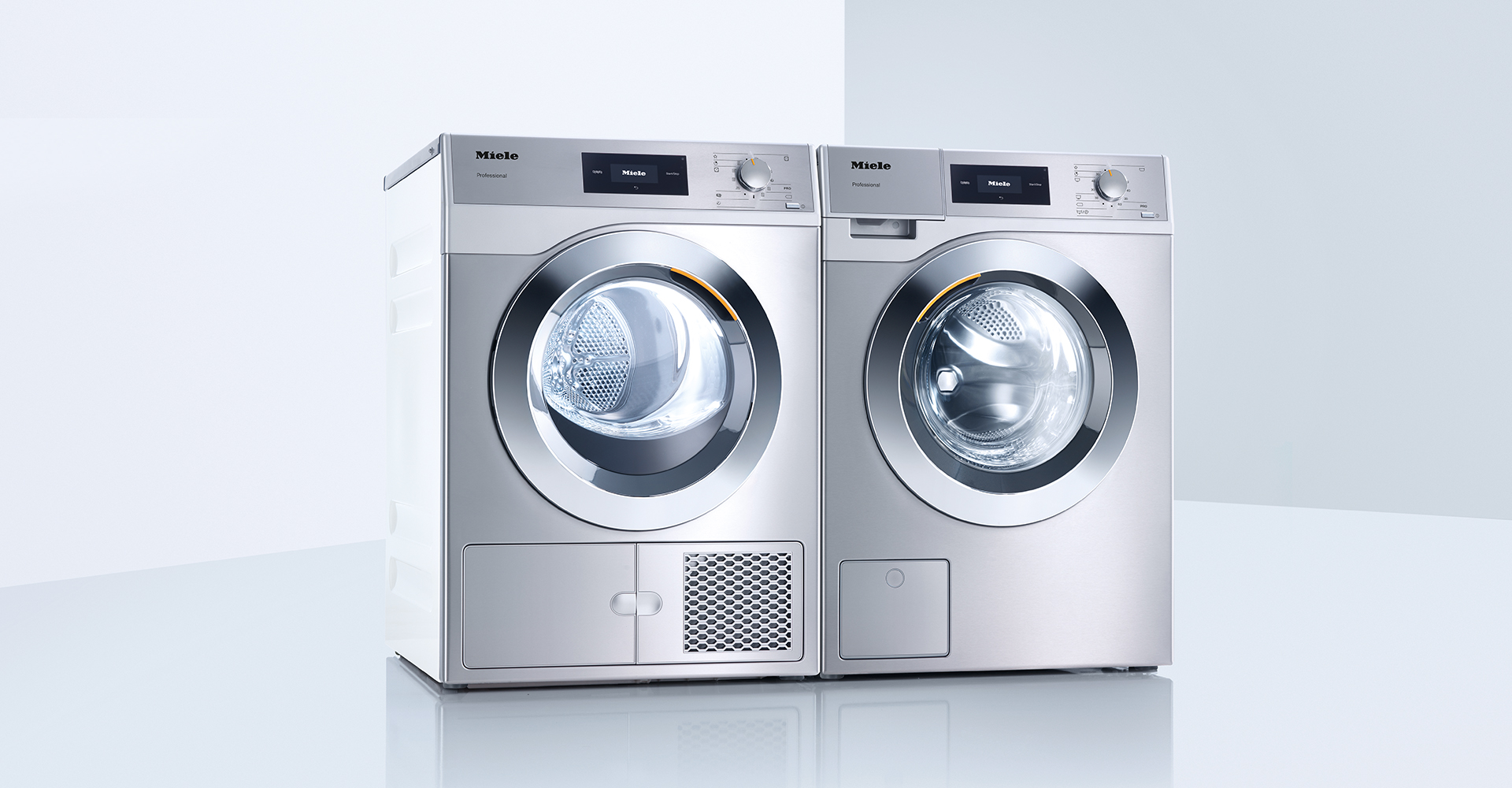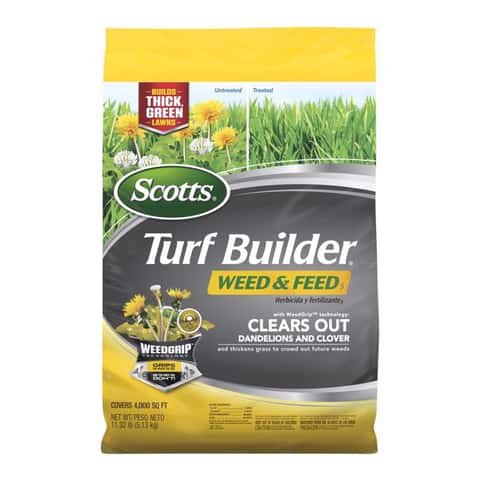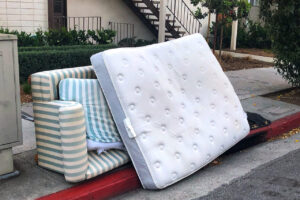
When looking to invest in machinery for your business, the second-hand laundry machine market can provide some cost-effective possibilities, but always go to a respectable dealer who will provide you with back-up, after-sales support, warranty, and guaranteed quality for your peace of mind. Here are some questions to consider when purchasing second-hand equipment Australia:
Is It Safe?
Honestly, a 3000Kg machine with a 750rpm spin cycle can be deadly if something goes wrong. Based on the Health and Safety Executive, both the supplier and the buyer are responsible for the safety of the machinery. To protect himself from liability, the vendor cannot simply remark “Sold as seen.” If the machine you’re looking at appears in poor shape or has little or no evidence of upkeep, go away and don’t consider it.
Do you know anything about it?

If you’re buying a machine off-site, it’s usually a good idea to see it in action if you have the opportunity. Always ask how old the equipment is, how many hours it has run, and whether there are any meters attached (older machines may not have them ). Caution – If the machine has been inactive for an extended period, it may acquire problems, such as ‘flats’ on the shaft seals, which will necessitate major repairs.
What about the structure of the machines?
Does the drive assembly have any cracks surrounding them? What about the drive bearings and seals? What about the dampers, door seals, locks, and hinges, which are all prone to corrosion and wear? Our recommendation is as follows: Use a torch to inspect it from the inside out, and if in doubt, hire a certified engineer to offer an accurate machine operation report.
Does the machine have any process controls?
You must ensure that the machine you are considering has the appropriate controls for the various processes you will need. If it doesn’t, it may be inefficient and so more expensive to operate. Examine the wiring to see if it’s clean or a tangled mess. Is there a wiring schematic and a user’s manual available? Is there a card or drum control on the machine? Is it better to use a dedicated microprocessor or a PLC? Consider what’s available, as it can require staff training if it’s a new type.
Are spare parts readily available?
To operate at peak performance, all industrial laundry equipment, including second hand equipment Australia requires routine maintenance and spare parts from time to time. If the machine is a rare model with expensive and difficult-to-find parts, this will be a financial burden. Consider having a backup plan in case something goes wrong.
Is the motor working properly?
Motors are critical components of machines that drive them, and they can be expensive to repair or replace if they break down. Make sure the machine you’re considering has a working motor and isn’t an out-of-date model.







